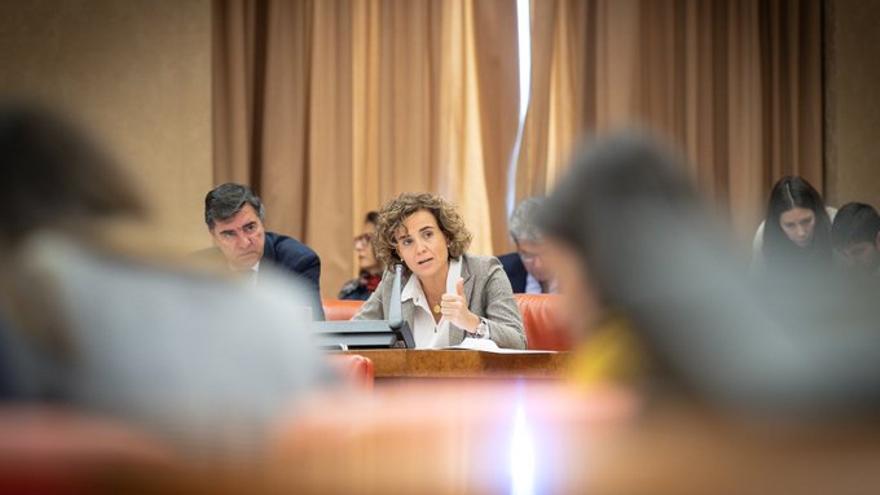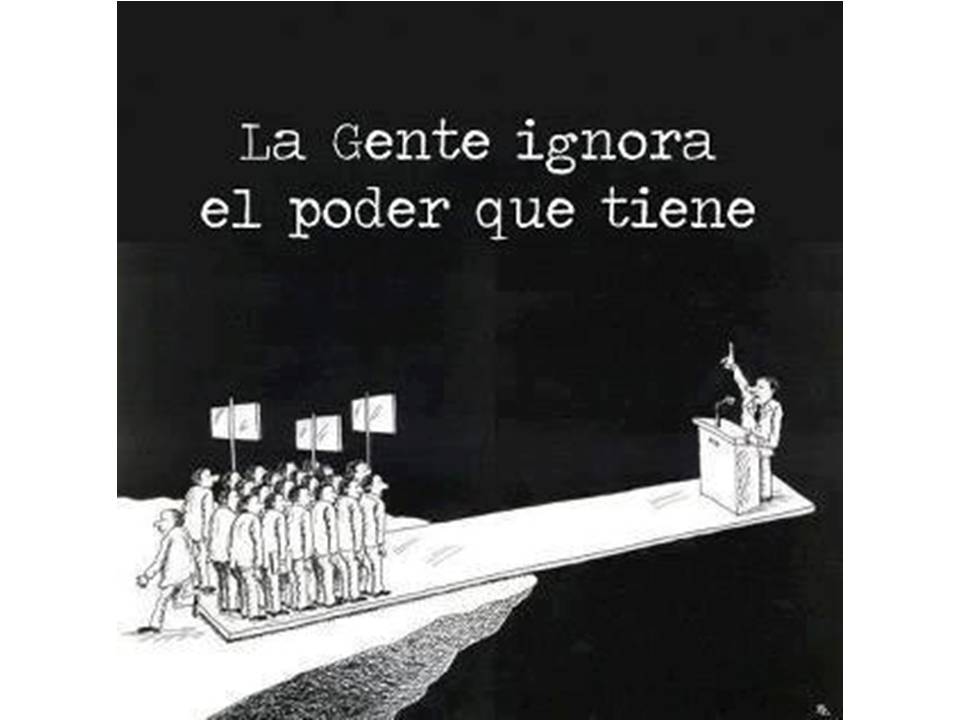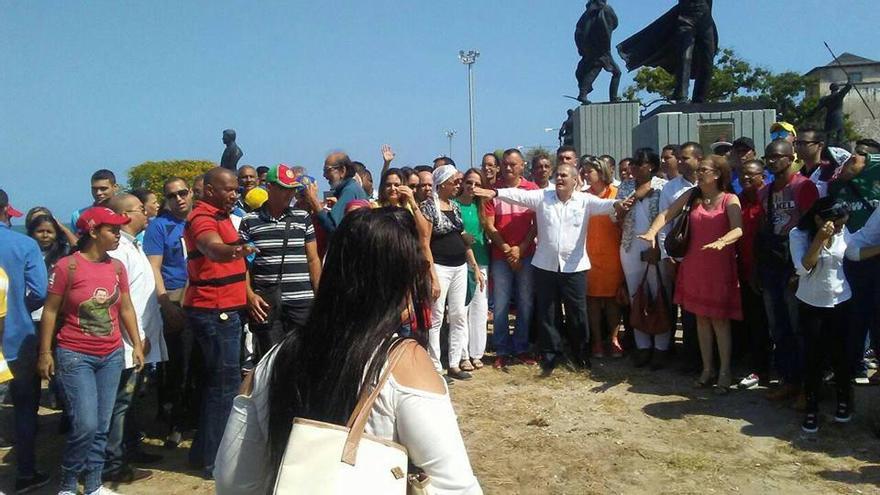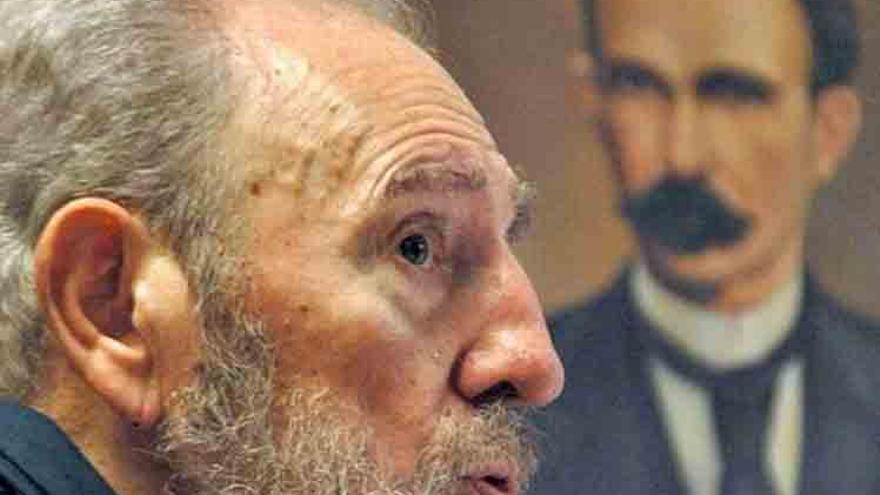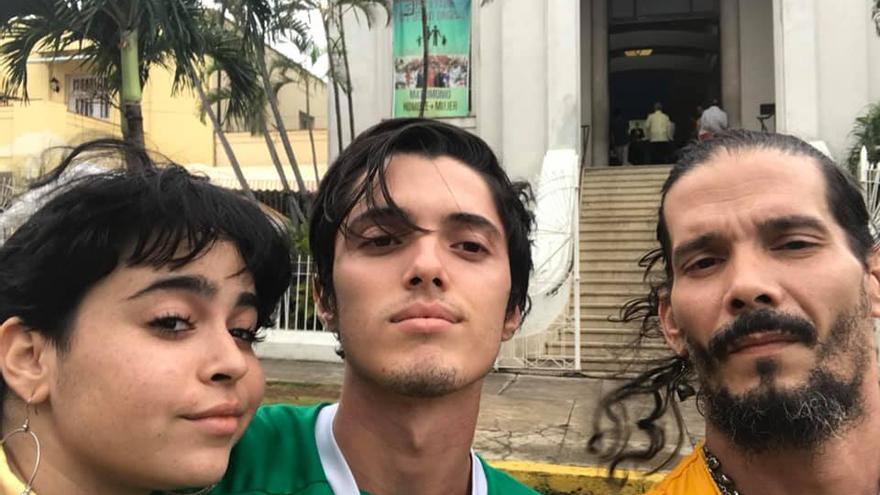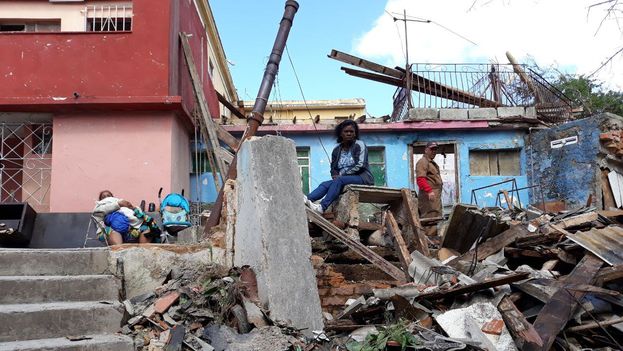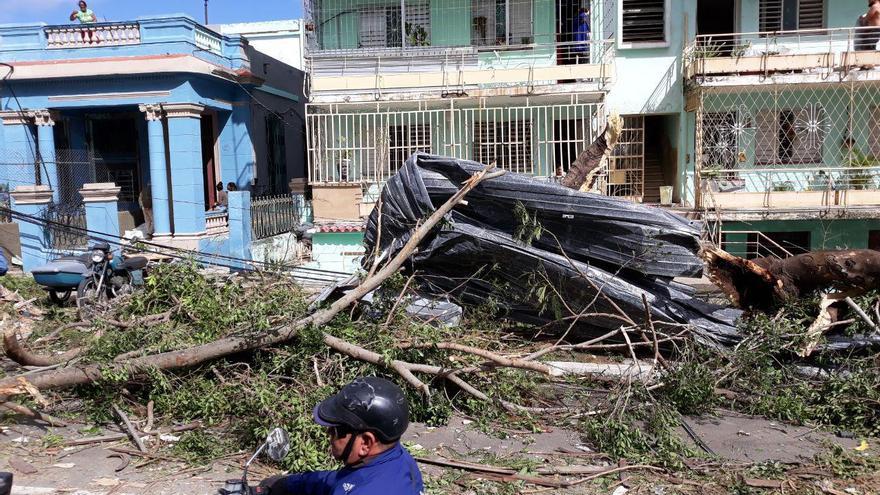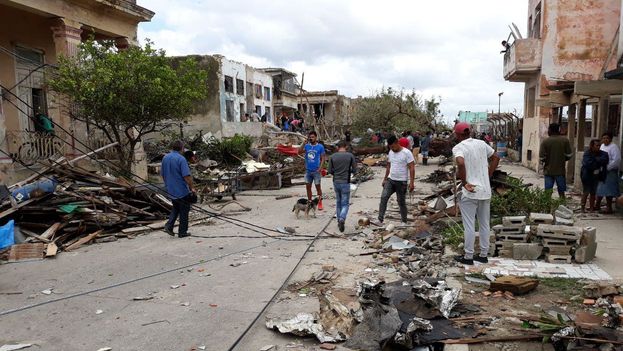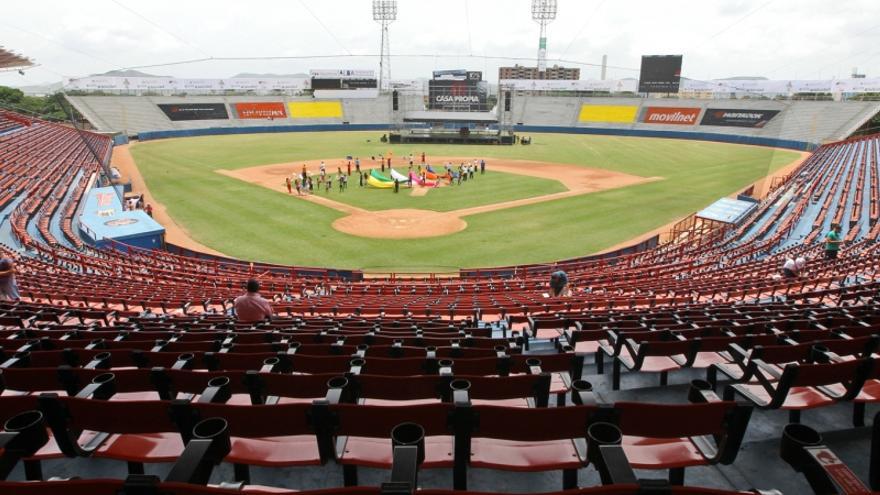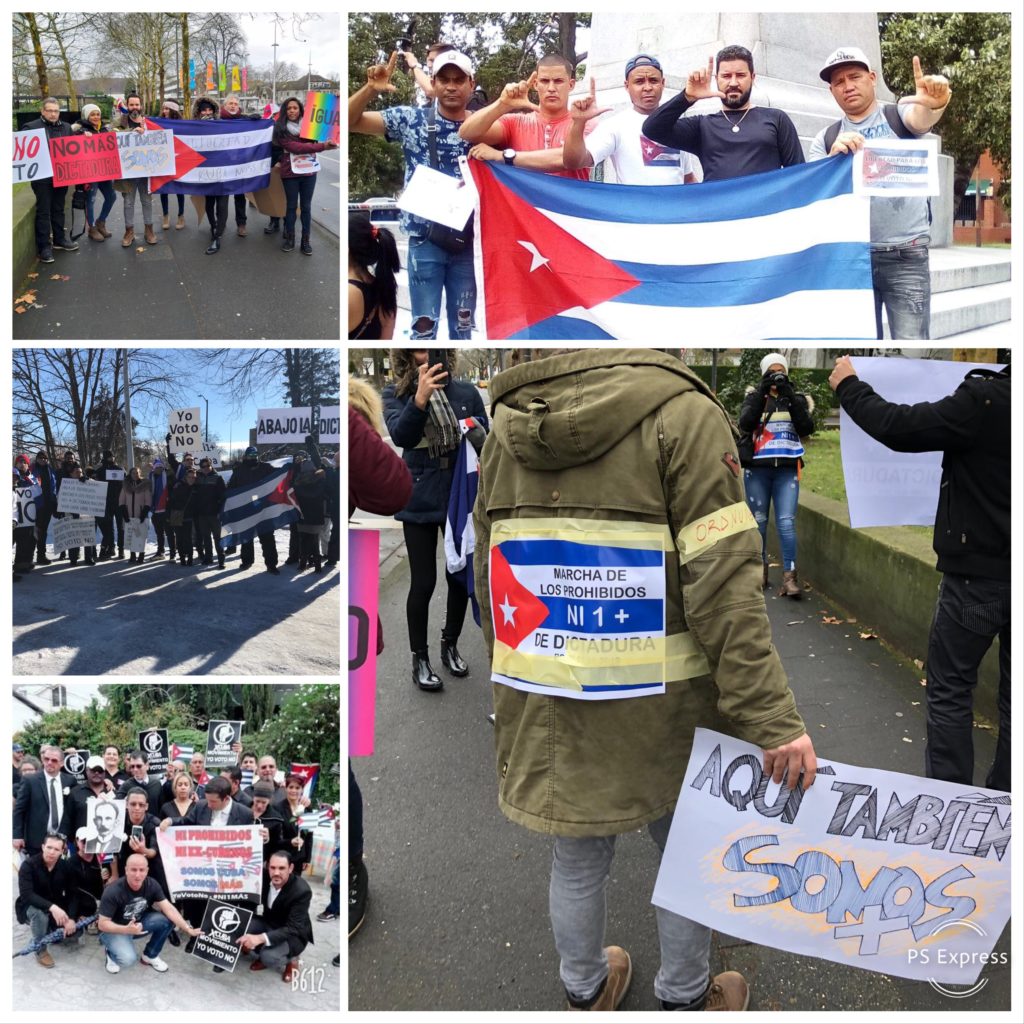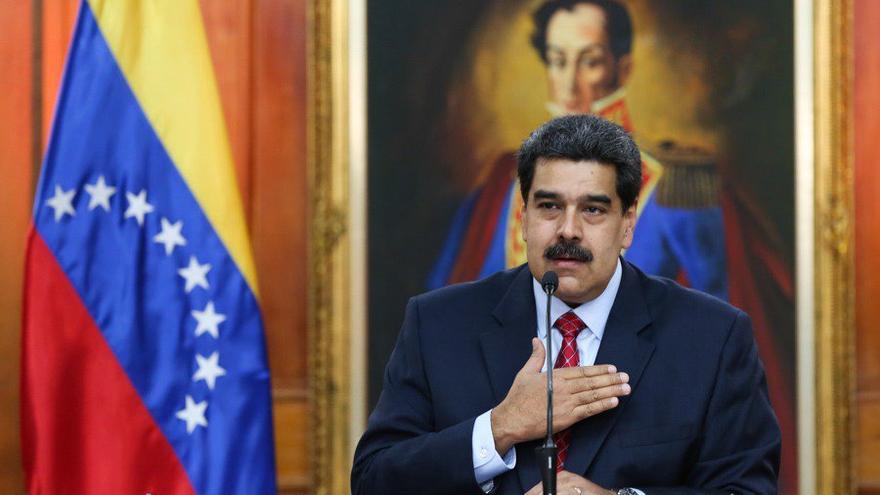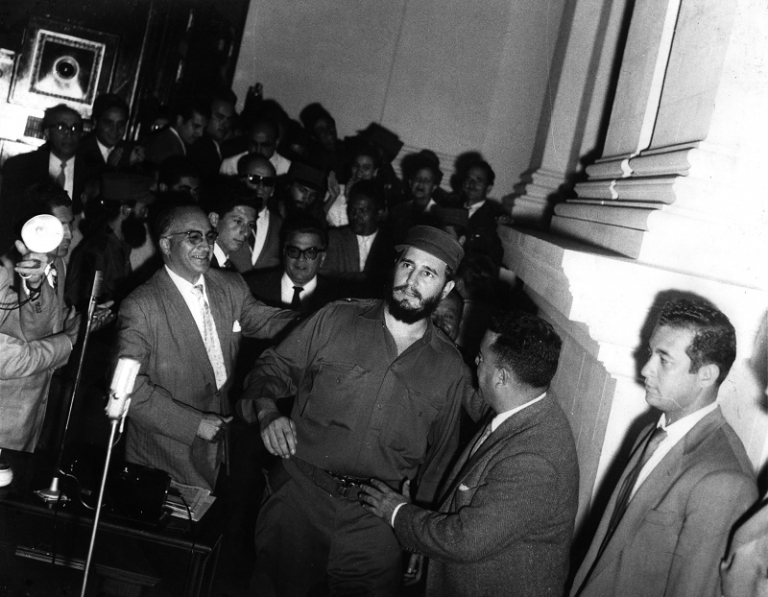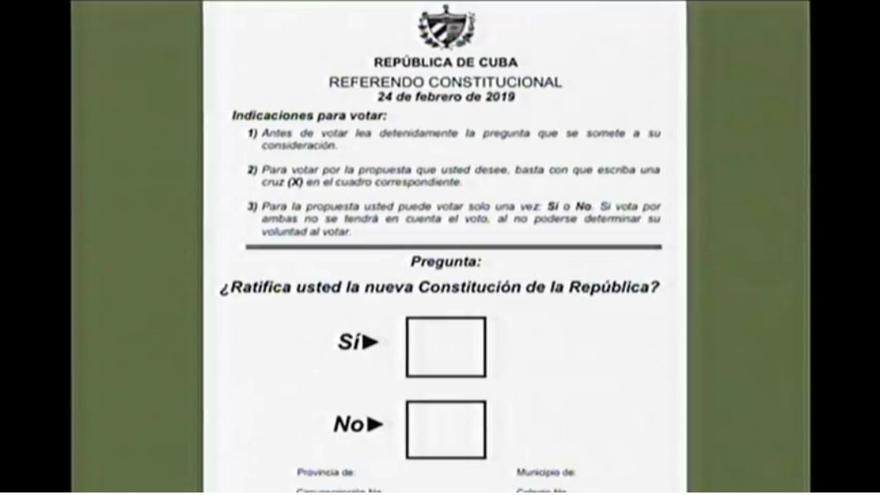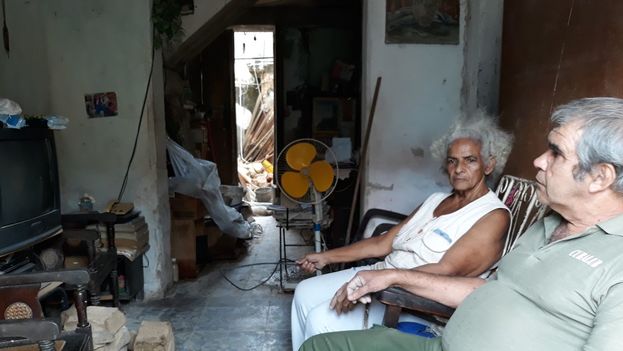
![]() 14ymedio, Luz Escobar, Havana, 29 January 2019 – The sun invades every last corner of the houses after the tornado took everything: ceilings, walls, electric poles, street lamps, warehouses, pharmacies, schools, markets …
14ymedio, Luz Escobar, Havana, 29 January 2019 – The sun invades every last corner of the houses after the tornado took everything: ceilings, walls, electric poles, street lamps, warehouses, pharmacies, schools, markets …
Entering from Luyanó Road and turning into Teresa Blanco one arrives at a disaster area. The street full of debris, water tanks, pieces of zinc covers, trees, a television, a record player, a car with a tree trunk on top, another further up overturned with the wheels facing the sky. But the tires are gone. continue reading
Rubble is thrown down from roofs and the neighbors try to delineate a safe area on the sidewalk and give a warning every time they toss down a rock. Lucinda was leaving through the front door at the same time that her neighbor was tossing a rock the size of a soccer ball off the roof. She was saved from injury by mere seconds.
The man stopped short just as he raised the stone over his head to throw it when he saw Lucinda taking short hops from her doorway to the street and heard all the neighbors scream:! Luciiiiiiiiinda!, who continued along oblivious to what might have occurred.

In the main streets there are policemen, ambulances, brigades from the phone company Etecsa, electricians raising utility poles, work crews cutting trees and collecting debris, but in the side streets of the affected areas of the 10 de Octubre (10th of October) municipality there was no such hustle and bustle.
Elaine sweeps the street because she does not know what else to do, she says that when she looks at her house she dies of sadness. “My father does not stop crying, he can’t get rid of the fright from last night. We were eating when everything started and, the moment we understood that the noise we heard was not from an airplane, he put us all in the bathroom. When we left we had no ceiling in the living room, and no walls,” she recalls.
The horror is evident in her facial expression. The sidewalk is full of rubble but she insists on removing the dust that falls ceaselessly from among the ruins that surround her with her broom. “We rescued the neighbor from under the wall that had fallen on top of him. After everything happened we heard a little voice saying: ’help, help’, and between my sister and I, together with other neighbors, we got him out. Luckily he did not have any injuries.”
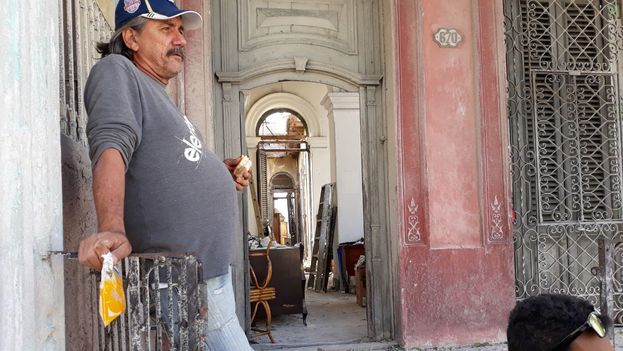
Elaine takes off her handkerchief and places it back on, she puts her hands on her head and starts crying. “Now I just found out that my cousin’s husband is in a very serious condition in the hospital. He called my cell phone. He said that last night, when he was getting out of the car here on the road, a utility pole fell on his head. They already operated and everything, but he is not well”, she says while she cries relentlessly. She puts her hands on her head, she uses her handkerchief, puts it back, and continues sweeping.
From a hallway a young woman emerges holding her son by the hand, the mother carries a black bag full of clothes and the child a small basket full of plastic toys. “I’m going to my mother’s house, there’s nothing left here, I am not picking up anything else,” the woman said as she walked down the street stopping every now and then to rest. At midday, a helicopter was flying over the area, but nobody paid attention to it.
“You’re a journalist? Come look, come in. Take a photo of my patio, my roof, everything was destroyed, this is the only part where one can stay,” and points to the ceiling. In the bodega (grocery store) on the corner nothing is left, the blue wood walls are bare. The gocer opens his arms and shows what was left of the store while opening his arms.
A school on Pedro Perna Street was left without a roof and without walls, only the bust of José Martí remained intact on one side of the courtyard. “This was Pedro Perna, now you can’t tell what it is”, responds a young man who took pictures and took notes in a notebook.
On Remedios Street, between San Luis and Delicias, is the house of Bárbaro Ravelo Fernández.
“When the newscast was over, a very strange noise began to get louder. Luckily I was at my neighbor’s house and his daughter said: ’It must be the car that is parking.’But forget that, it was a very strange noise that grew louder. In seconds there was a roar and I went without thinking to close the window, but something threw me backwards. My neighbor had part of the ceiling fall on his arm and now it is injured and I have a blow to the head because part of the false ceiling fell on me.
“I stayed there with them, and that’s what saved me. It did not last very long, look I have seen tornadoes out in the country but never in the city. It had a very high pressure, it was very strong, in a few seconds it razed everything. My neighbor’s house is gone, mine too, Look how it smashed my television, and my record player. It busted everything, now we’ll see what happens here in order to resolve things,” he says pointing to a pile of rubble.
A mixture of solidarity and tension floats in the air. Suddenly, in one of the street corners, a group of people screams while looking at the roof of a house. It’s a quarrel between two men because the owner of the house almost killed his daughter when he was tossing debris from the roof.
They shove each other, they argue and punch while the people down below provoke them with shouts of: “hit him, punch him”. The youngest stand on the stricken cars out in the street, the elderly stand on tiptoes to look or climb up the neighboring houses.
The small houses near the church all lost their roofs, the neighbors are outside, young people playing music with their portable speakers, mothers with children in their arms, parents looking for bread and water for their children. “The church lost its cross,” one child tells another as they play ball on the esplanade in front of the church of San Juan. “Yes, look, and the horses came out to eat,” replies the other child, pointing with his finger at the grazing animals.
On the 10 de Octubre road, the destruction was also enormous. There were crews that erected utility posts, but the danger was still present on each block. The poles that remained standing swayed and sometimes seemed ready to fall. The neighbors removed the rubbish in boxes from their houses and threw them on the sidewalk, where tree limbs and broken objects were piled up.
On Monday, none of them went to work or school. No bus passed either on Luyanó road, or on 10 de Octubre. Getting in and out of there was only possible by walking.
Translated by Wilfredo Díaz Echevarria
________________________
The 14ymedio team is committed to serious journalism that reflects the reality of deep Cuba. Thank you for joining us on this long road. We invite you to continue supporting us, but this time by becoming a member of 14ymedio. Together we can continue to transform journalism in Cuba.

